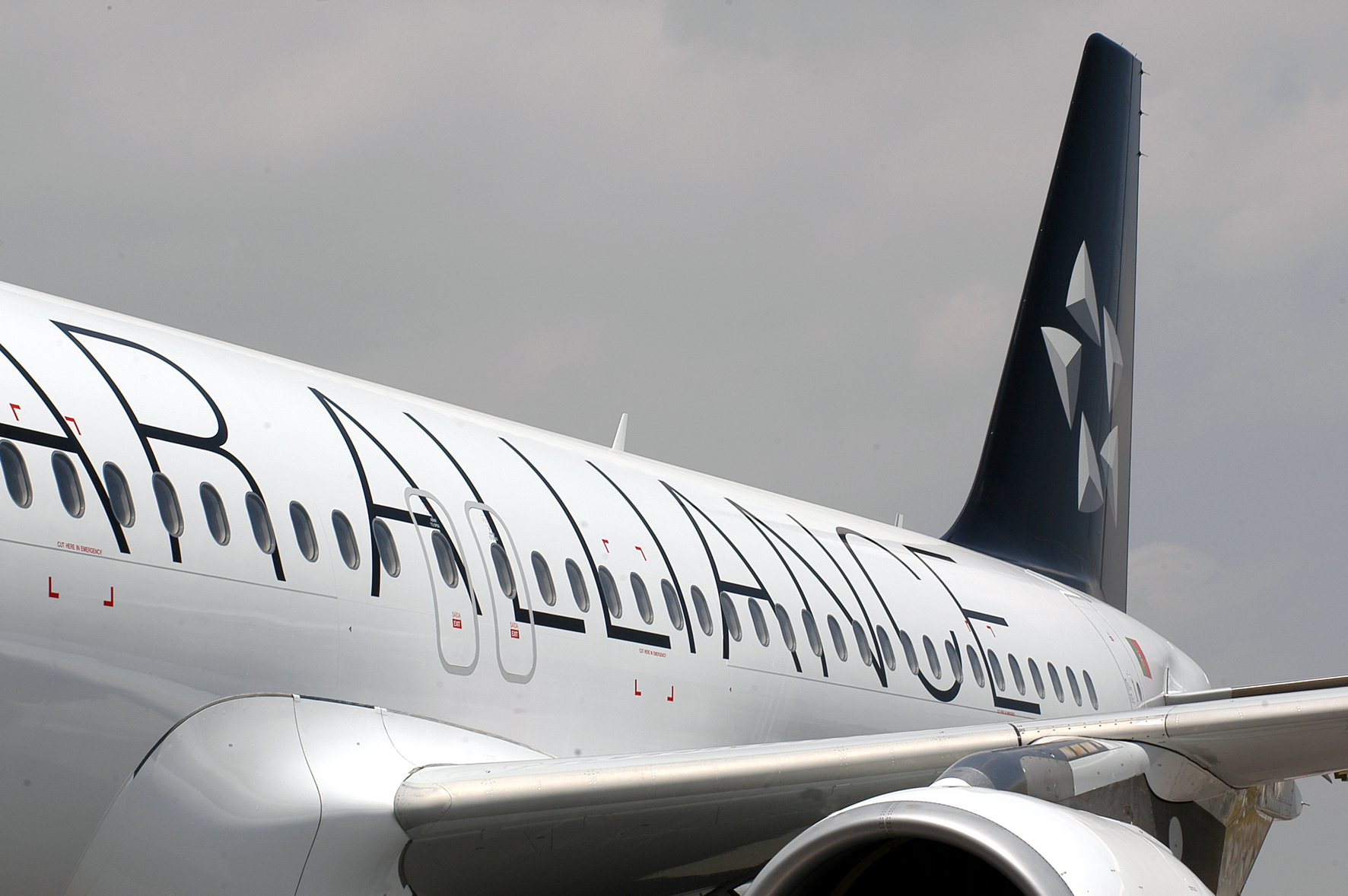A team from the Philippine embassy in Muscat has been dispatched to the Omani border where hundreds of Filipinos are stranded due to the recent changes in the UAE’s visa regulations.
in what some sections of the media in the Philippines have labeled a “humanitarian crisis,” as many as 6,000 Filipinos are currently displaced in Oman and Iran by the new visa rule. Thousands have gone on what is commonly known as a “visa run” only to find what previously took a couple of days is now running into weeks and even months in some cases under the new visa system.
They now find themselves unable to get back into the UAE and with no money to go home to the Philippines.
The new visa rules, which came into force at the end of July, are aimed at stemming the number of expatriates that come to the UAE on visit visas and work illegally.
However their introduction has caused massive confusion among individuals and companies, uncertain about exactly what the new rules are and their implications.
Under the new rules expatriates on visit visas that leave the UAE must reapply as tourists, resulting in thousands of visa applications being rejected.
Relatives of those stuck in places such as Kish in Iran and Khasab in Oman have said living conditions are very poor – with reports of 12 beds crammed into a single bedroom – and many cannot afford to eat property.
The situation is so bad relatives have started a petition calling for officials of Philippine embassies in the UAE, Oman and Iran to be sacked, Philippine news channel ABS-CBN reported on its website.
“That is a humanitarian crisis, six thousand [Filipinos] stranded… Some of them are unable to eat three square meals a day. Our government should be doing something,” Manila-based lawyer Adel Tamano, attending a meeting for relatives and friends of stranded Filipinos, was quoted as saying.
Tamano said 500 Filipinos are stranded in Qeshm, Iran; 3,000 in Kish, Iran; 2,000 in Buraimi, Oman; and 700 in Khasab, Oman.
The Philippine Department of Foreign Affairs has ordered embassies in the region to extend assistance to those stranded, the Philippine Daily Inquirer reported on Saturday.
Acting Foreign Secretary Esteban Conejos Jr. said Manila with the UAE government to try and find a solution to the problem.
Conejos said a mass repatriatation was a last resort due to the large numbers involved.
Avots: vadi






















